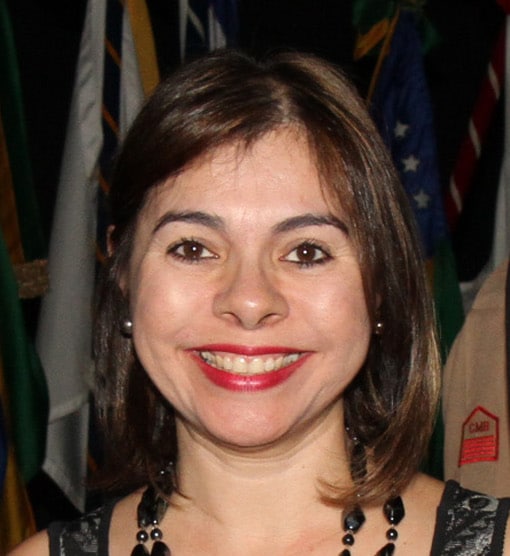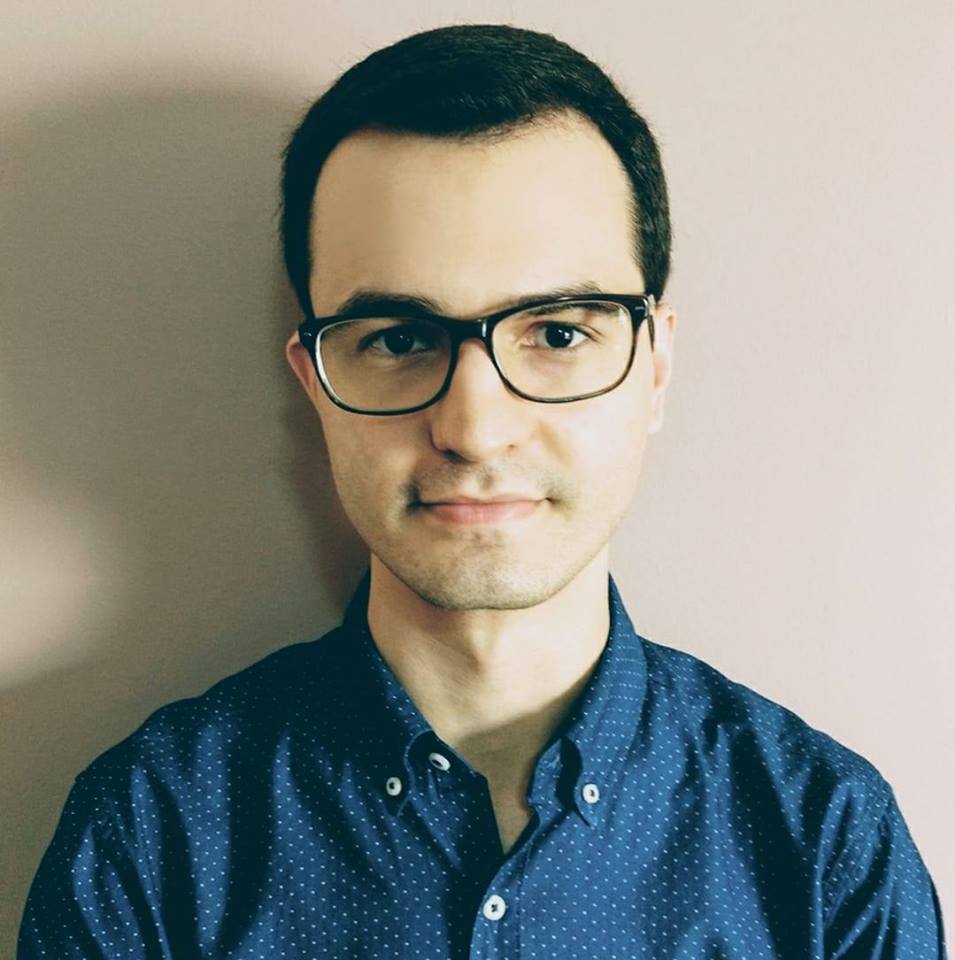A matter of balance – Follow up
A couple of months ago, I wrote about the lack of balance in the past BRAZ-TESOL conferences as far as gender was concerned. Just to refresh our memories, the results were the following[1]:



As I stated at the time, it was (and is) not a matter of pointing fingers and finding culprits, but of trying to understand why the number of female speakers is so low in BRAZ-TESOL conferences which, I believe most of you would agree, is the most relevant conference for ELT professionals in Brazil. It was also about finding out how women could be better represented when it comes to the main stage.
With that in mind, and based on my perception of why we were doing so badly in the male vs. female proportion area, I wrote a simple questionnaire which was sent to people working for publishing houses. They had to say if, in their opinion, the statements were true, partly true, or false, except for the last question. In my email, I assured them that no names would be mentioned. Here is the questionnaire:
- Publishers are the ones that choose the plenary speakers for the BRAZ-TESOL International Conference.
- Gender balance is never taken into consideration when choosing a plenary speaker.
- Male speakers have more appeal considering the vast majority of attendees are women.
- Most authors that work for my company are male.
- Men ask to be plenary speakers.
- Women ask to be plenary speakers.
- The company I work for has sponsored a male plenary speaker for the BRAZ-TESOL International Conference before.
- The company I work for has sponsored a female plenary speaker for the BRAZ-TESOL International Conference before.
- Which factors, in your opinion, determine the choice of plenary speakers?
To my surprise (and disappointment), only two out of the fourteen questionnaires sent were returned. This fact, of course, does not allow me to have a more objective perspective, but it helped me conclude that the lack of responses meant gender balance in ELT events is not considered important enough in Brazil yet.
At the same time, some very committed people who are used to helping organise BRAZ-TESOL events wrote to me with valuable information that might help us understand the situation better despite its complexities and multiple variables. Several reasons were mentioned, from women who are invited to be plenary speakers but are unwilling to speak to a large audience, to men being more available to travel and participate in many conferences that very often happen in the same period of time. Another reason mentioned was that plenary speakers were very often chosen according to specific ELT material being promoted at the time of the conference.
Out of curiosity, I checked the ELT catalogues of six publishers based in Brazil and abroad to find out what the scenario was. As there is an immense variety of ELT material, I concentrated on the starter books of the first three series aimed at adult learners advertised on publishers’ websites. If promoting material is a key issue, the numbers actually seem to reflect why there are many more male plenary speakers. Altogether, there were 33 authors who had their names printed on the cover and 77% were men.
Of course this is a very limited example and we should not focus on the findings as if they were definite answers. However, this information cannot be considered irrelevant, either. As we can see, despite the fact that most participants of BRAZ-TESOL are women, as well as most workshops presenters, for a number of reasons women are underrepresented as plenary speakers and probably as recognized writers. This indicates that there is a long road we must travel if we want to be better represented and this will probably happen once we are aware of situation we demand change. We are not Hollywood, but maybe we should have our own motto. Instead of Time’s Up we could have It’s high time.
[1] The complete post is available at https://richmondshare.com.br/matter-of-balance-women-as-plenary-speakers/.





